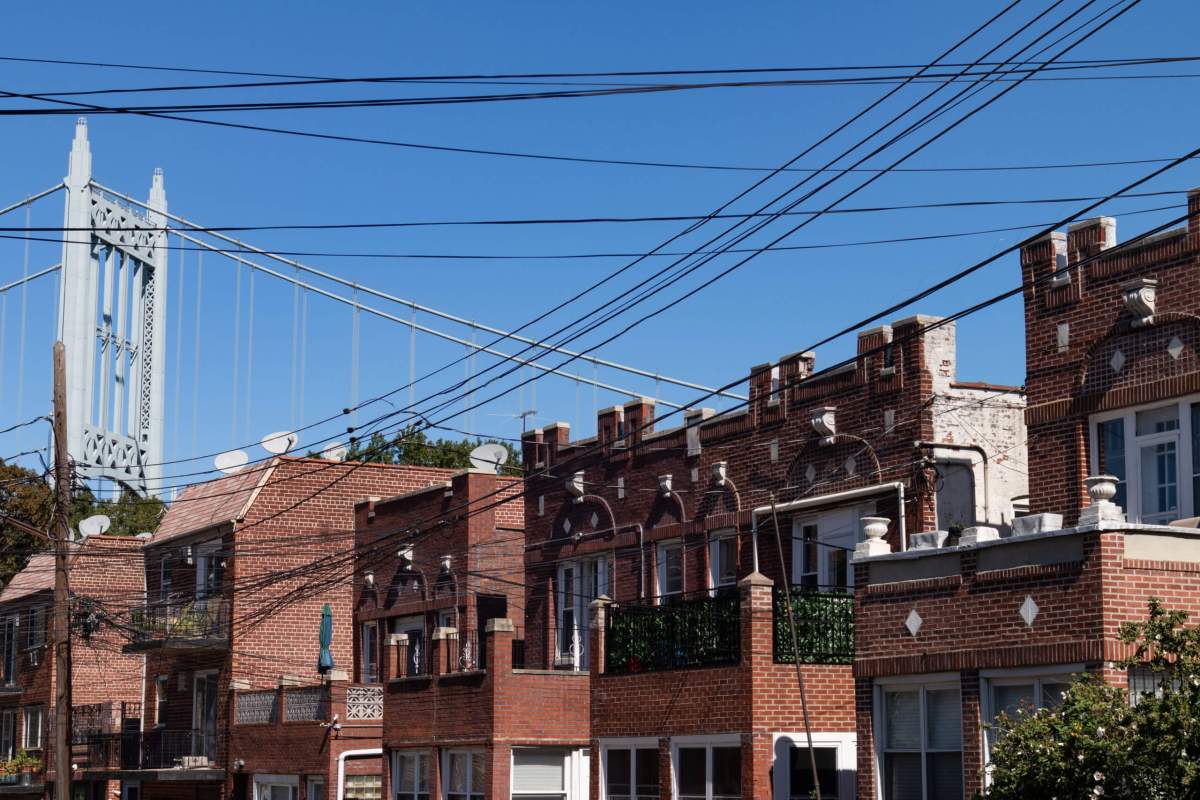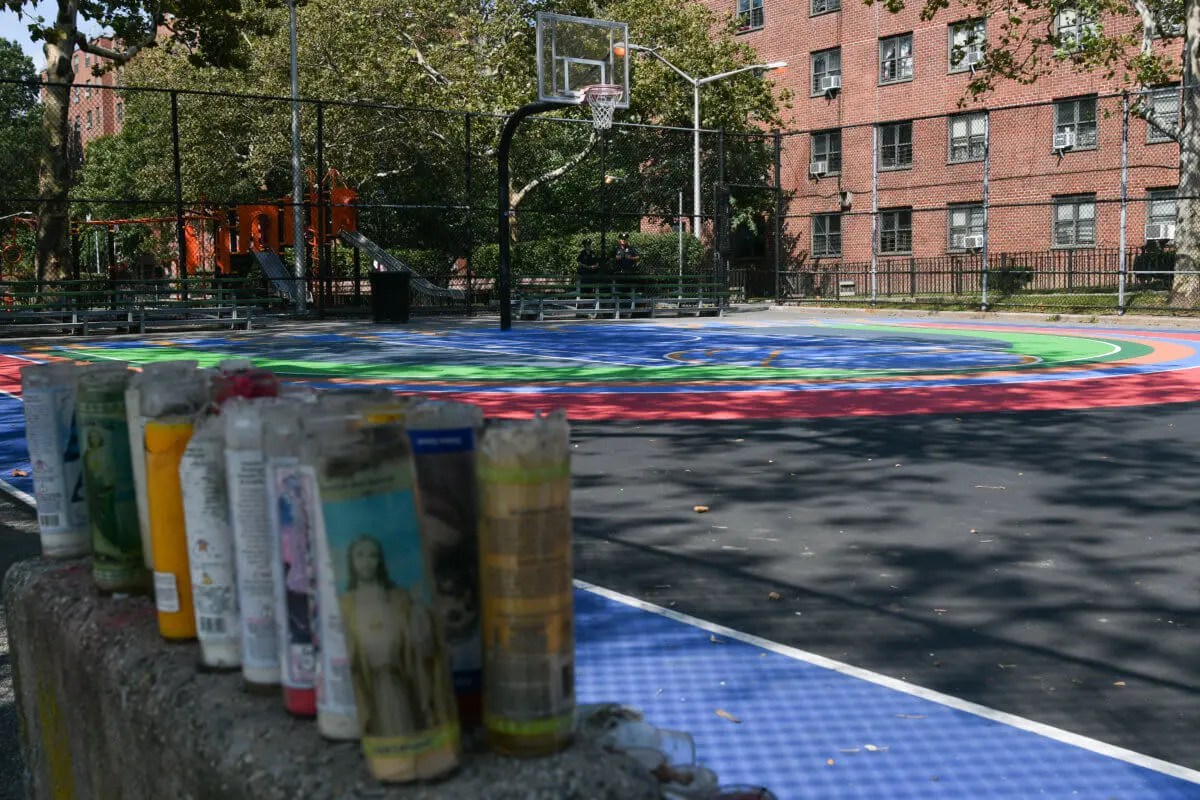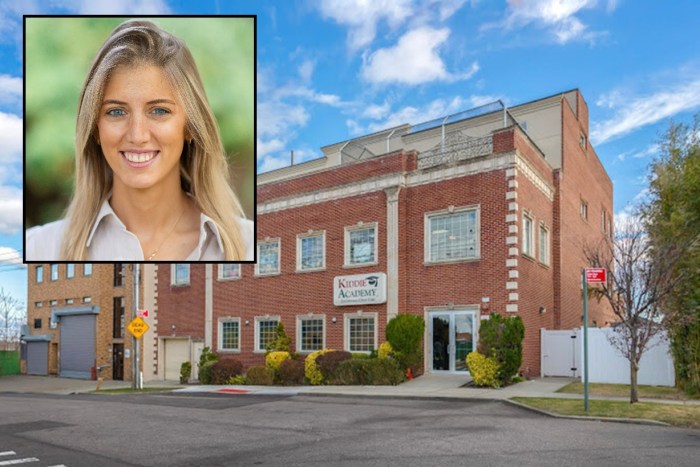I’ve been organizing in Black and brown communities in New York State for 13 years. The biggest issue I hear again and again from these communities: housing.
Let me tell you from experience: racism is deeply ingrained in our housing systems. Even though it has changed forms, it certainly didn’t end in 1968 with the Fair Housing Act. But this year, the New York City Council has a tremendous opportunity to redress decades of state-sanctioned discrimination and racism with the Fair Chance for Housing Act.
Let me take a step back. There are two parallel tales we all know, but we don’t always see how they’re still connected to this day: the tale of redlining and the tale of mass incarceration.
In the 1930s, the federal Home Owners’ Loan Corporation drew maps of thousands of U.S. cities. Neighborhoods with large numbers of Black and immigrant households were colored bright red, indicating that prospective lenders should not invest. This made it nearly impossible for Black families and other redlined residents to purchase homes and build wealth. Although redlining and race-based housing discrimination were officially outlawed in 1968 when the Fair Housing Act was passed, its legacy and impact on Black families persist in the segregation of our cities and the continued disinvestment in Black neighborhoods.
Just as redlining was prohibited, we began to see the rise of mass incarceration in the 1970s. Unsurprisingly, redlined neighborhoods were the first to be policed and incarcerated. We all know that our mass policing, arrest, and incarceration policies have disproportionately targeted communities of color, without actually making us any safer. As a result, 80 percent of New York City residents with a conviction today are Black or Latinx. Let me say that again: 80 percent.
Today, landlords can no longer discriminate against people based on their race. But they can discriminate based on past convictions, which continues to push our Black and brown neighbors out of safe and stable housing. They do this under the guise of public safety. But we have to ask ourselves: does denying people access to housing make anyone safer?
The New York City Council and the Fair Chance for Housing Campaign have proposed legislation to prohibit housing discrimination on the basis of an arrest record or conviction history. This is a monumental step in addressing our city’s dual legacies of redlining and over-policing of Black and brown communities. Finally, our city can work to right its decades of wrongs.
In response to this proposed legislation, landlords and real estate developers have pushed back, saying that it would have a negative impact on their rental properties and that they are “concerned about liability,” even though the bill explicitly states landlords will not be liable for following its provisions. This response is dangerously similar to opposition to the Fair Housing Act of 1968. Opposition to that act came from the real estate industry, who argued that it placed the “greatest economic burden” on property owners, “invaded the rights to hold and dispose of private property,” and would “hurt business and diminish land values.” This was the real estate industry’s thinly veiled way of saying they didn’t want people of color in their buildings and neighborhoods.
In 2016, the U.S. Department of Housing and Urban Development recognized that “criminal records-based barriers to housing are likely to have a disproportionate impact on minority home seekers.” The reality is this: when we exclude our Black and brown neighbors with convictions from housing under the guise of public safety, we are not making our communities safer. Housing is public safety, plain and simple.
In fact, when 62,000 New York City residents were asked to pick three public safety priorities, they chose affordable housing and reducing homelessness most often.
In over a decade of organizing and talking with New Yorkers, I know we share the same goal: safe, housed communities. For generations, our government has passed laws and implemented policies that draw us out of the housing market, disinvest in our neighborhoods, and police us without making us safer. With the Fair Chance for Housing Act, we can stand up against racism and reclaim our right to housing.
Juanita O. Lewis is the Executive Director of Community Voices Heard, a member-led, multi-racial organization principally composed of women of color and low-income families in New York State.

































